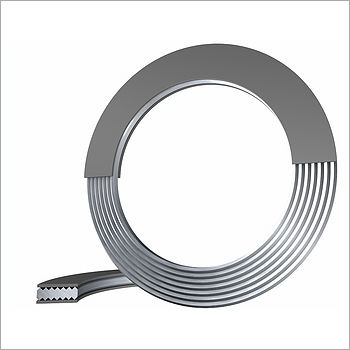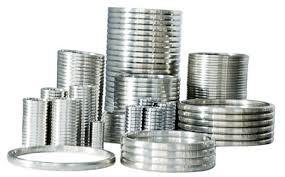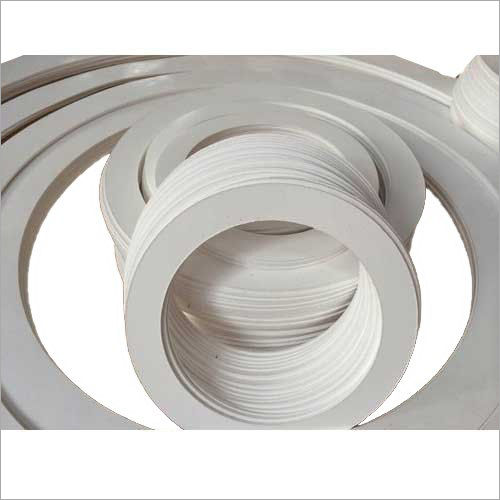
Expanded PTFE Gasket
20 INR/Number
Product Details:
- Pressure Resistance High pressure resistance
- Medium Other
- Temperature Resistance Up to 260C
- Standard Industry-standard specifications
- Hardness Soft
- Gasket Coefficient Low friction coefficient
- Usage Industrial
- Click to view more
X
Expanded PTFE Gasket Price And Quantity
- 10 Number
- 20 INR/Number
Expanded PTFE Gasket Product Specifications
- Sealing applications
- Up to 260C
- Soft
- Industry-standard specifications
- Custom sizes available
- High pressure resistance
- Other
- Expanded PTFE Gasket
- Other
- Standard Colors: Certain colors can indicate the type of rubber or material used. For instance: Black: Commonly used for nitrile (NBR) and neoprene (CR) seals. Red: Often associated with silicone (VMQ) seals. Green: May be used for EPDM seals. Violet or Purple: Sometimes used for fluorocarbon (FKM) seals
- Industrial
- Other
- Low friction coefficient
Expanded PTFE Gasket Trade Information
- Vadodara,Gujarat
- Cash Advance (CA), Cash in Advance (CID), Cheque
- 100000 Number Per Month
- 3 Days
- Yes
- Free samples are available
- Standard Packaging
- Africa, Central America, North America, South America, Western Europe, Asia, Australia, Eastern Europe, Middle East
- All India
Product Description
An Expanded PTFE Gasket is a specialized type of gasket made from expanded polytetrafluoroethylene (PTFE), a material that has been stretched and processed to improve its sealing properties. Here's a breakdown of what it typically contains:
Expanded PTFE Gasket Manufacturer in India
Expanded PTFE Gasket Manufacturer in Gujarat
Expanded PTFE Gasket Manufacturer in Vadodara
Expanded PTFE Gasket Supplier in India
Expanded PTFE Gasket Supplier in Gujarat
Expanded PTFE Gasket Supplier in Vadodara
1. Expanded PTFE Material
- Primary Composition:
- Made entirely of 100% expanded PTFE, which is chemically identical to regular PTFE but has a unique microstructure.
- Microstructure:
- The expansion process creates a porous, flexible structure with multidirectional strength, enhancing compressibility and seal ability.
- Properties:
- Chemically inert and resistant to almost all chemicals.
- Wide temperature range (commonly -200C to +260C).
- Non-aging, non-toxic, and biologically inert.
2. Optional Features or Coatings
- Surface Treatments:
- Some gaskets have surface enhancements or coatings to improve adhesion or reduce friction during installation.
- Reinforcements:
- For high-pressure applications, certain variants may incorporate a thin metallic core or other materials for added mechanical strength.
3. Design and Forms
- Flat Gaskets:
- Cut from sheets or rolls of expanded PTFE for standard flange applications.
- Profiled Gaskets:
- Shaped for custom sealing needs or non-standard flange types.
- Tape Gaskets:
- Supplied as a continuous roll of ePTFE with an adhesive backing for on-site customization.
4. Certifications and Standards
- FDA Compliance:
- Approved for food, pharmaceutical, and beverage industries.
- USP Class VI:
- Suitable for medical and bioprocessing applications.
- TA-Luft and EN 13555:
- Certified for sealing performance in industrial and environmental systems.
Applications
- Suitable for sealing uneven or damaged flange surfaces due to its excellent adaptability and compressibility.
- Commonly used in:
- Chemical processing.
- Food and beverage.
- Pharmaceuticals.
- Power generation.
- Oil and gas.
Tell us about your requirement

Price:
Quantity
Select Unit
- 50
- 100
- 200
- 250
- 500
- 1000+
Additional detail
Mobile number
Email


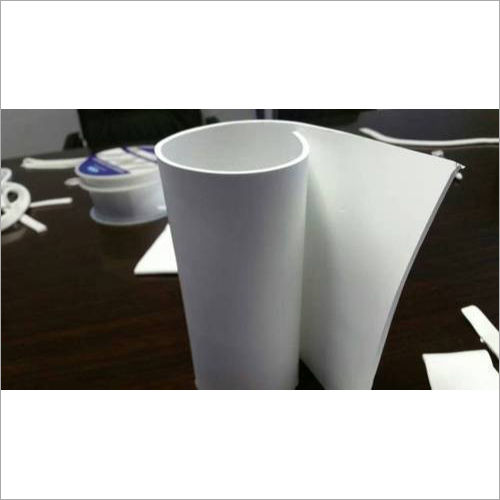
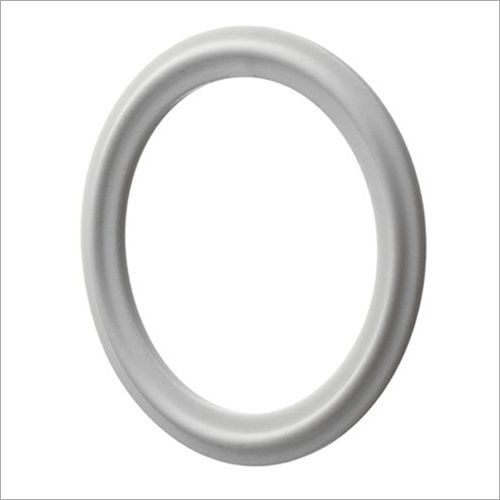

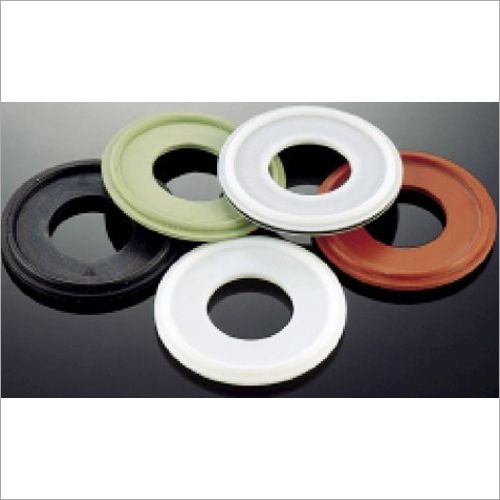



 Send SMS
Send SMS